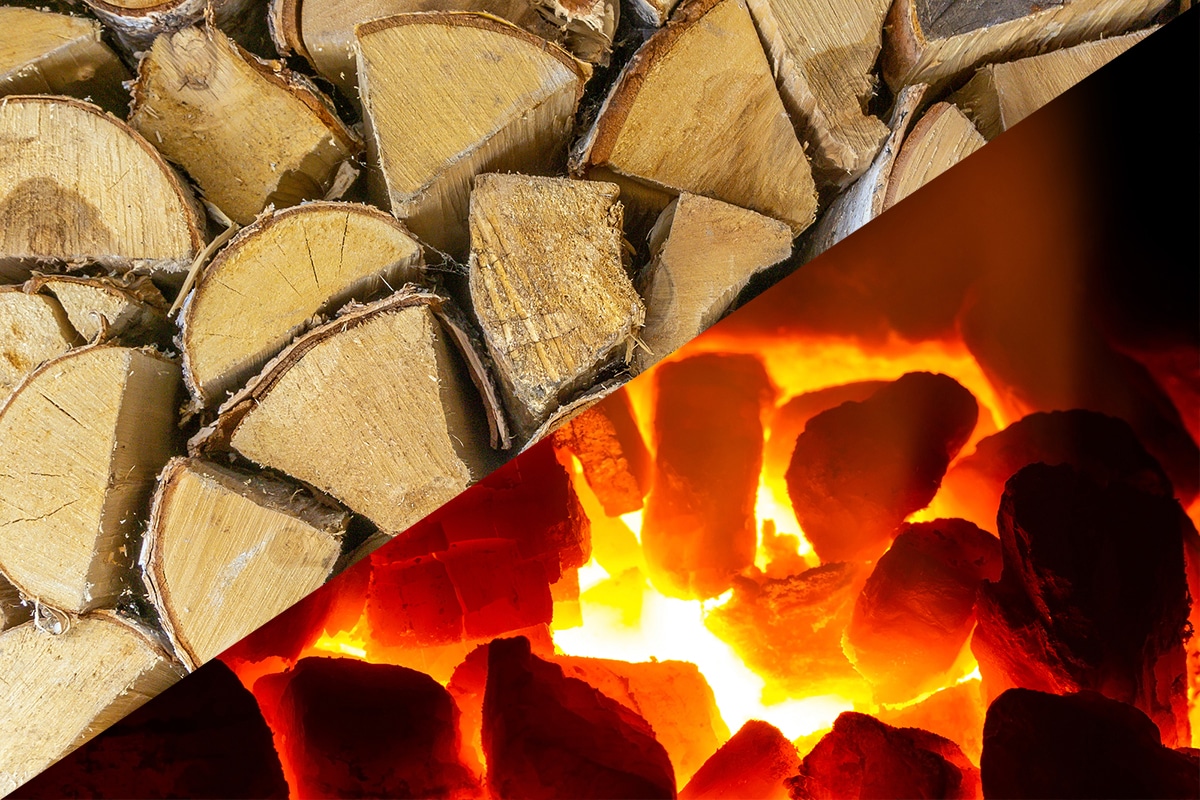On Friday 21st February while munching your cornflakes, trying to contain your excitement about the fast-approaching Guild Trade Exhibition, you may have seen some headlines referring to a government “coal and wet wood ban”.
They announced plans to phase out the sale of bituminous house coal and implement new legislation for wood fuel sales. In an extract from the announcement the government said:
“To help improve the air we breathe and ensure householders choose cleaner fuels, sales of coal and wet wood – the two most polluting fuels – will be phased out between 2021 and 2023, giving the public and suppliers time to move to cleaner alternatives such as dry wood and manufactured solid fuels.”
“The announcement builds on measures in the Environment Bill which will make it easier for local authorities to tackle air pollution in their areas, as well as the government’s £3.5 billion plan to reduce harmful emissions from transport, and efforts to reduce emissions from industry.”
Bagged traditional house coal will be phased by February 2021. The sale of loose coal direct to customers via an approved coal merchant will be allowed until February 2023 unless supplies run out first. This is to give the trade and customers time to adapt to the new rules.
What does it mean to sweeps? Well, we must be careful when advising our customers that we give the correct information. The next visit you make to a coal burning customer is the perfect time to help them by discussing the new rules and the alternative fuels they should be thinking about switching to. If they currently have their coal delivered by an Approved Coal Merchant this can continue for now. Best not then to go in all guns blazing and tell them they are breaking any laws. The customer will be allowed to use up their stocks of course, the legislation covers sale, not use.
In advising your customer you may encounter the common misconception that smokeless fuels are double the price of house coal. It’s simply not true. Smokeless is generally more expensive but it burns for longer and the heat output per kilo is higher so in reality the difference in not that great. Next winter will be the ideal time for consumers to gradually switch from house coal to a cleaner smokeless fuel before the stocks of bituminous coal run out. I contacted the Coal Merchant’s Federation and CPL for their thoughts on the government announcement.
Wilma Brooks, General Secretary Coal Merchant’s Federation said: “Following the recent decision by Defra to partially ban the sale of house coal in February 2021, the CMF will continue in collaboration with Defra trying to make the transition for consumers from house coal to manufactured smokeless fuels as smooth as possible by providing them with as much information and guidance as we can.”
Tim Minett, CEO of CPL Industries said: “There is no need for people to stop burning solid fuels, it is about burning the right products to tackle air pollution. The measures do not mean the end of cosy fires.
“By switching to kiln dried wood or smokeless fuels consumers can reduce PM2.5 emissions by 80%. This provides a real alternative so people can continue to enjoy an open fire or use a wood burning stove with very significantly reduced air quality impact.
The second part of the government announcement concerns the sale of wet wood.
In summary: “Wet wood” is defined as having a moisture content above 20%. Wood for fuel in volumes under 2m3 will be legislated for from February 2021. Wet wood sold in volumes greater than 2m3 remains unaffected other than advice must be given by the supplier on how to store/season the fuel.
We all know the burning of wet wood is bad for the environment and a waste of the customers time and money. All good sweeps have been having this discussion with their customers for years and with the introduction of the Burnright Campaign this has become much easier. But we also know that without good burning habits even the driest wood can be very polluting.
So what do we need to do going forward? My answer is more of the same, keep getting the message across and keep promoting the Burnright Campaign. This will give our industry and your business a longer and brighter future.
To share with your customers – you can find a very helpful summary of the government’s fuel proposals here: Consumer Fuels Guidance
Gavin Cater


















